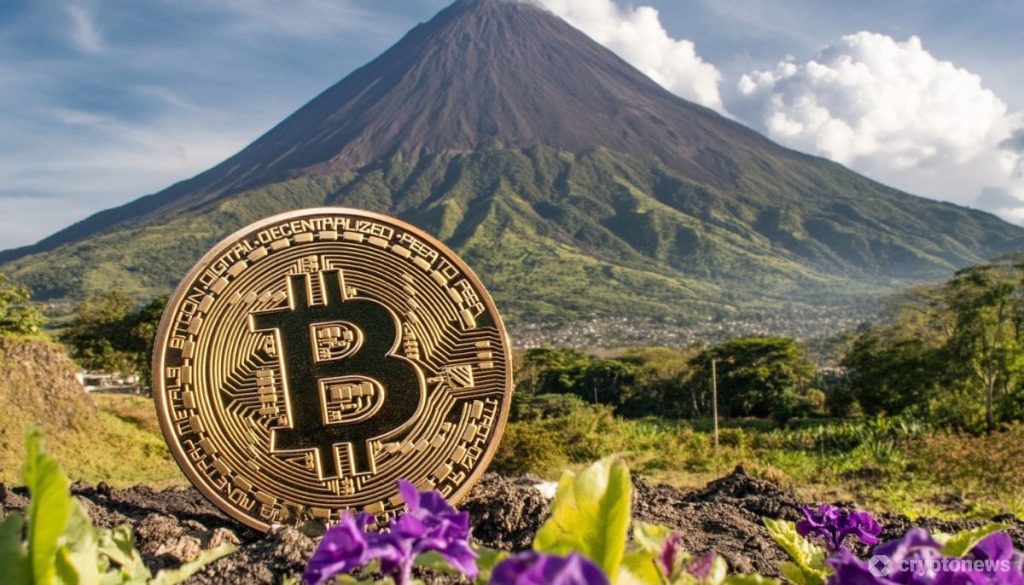A recent survey conducted by Francisco Gavidia University (UFG) in El Salvador found that only 7.5% of citizens use Bitcoin (BTC) to make transactions. The study, which included respondents aged 18 and older, surveyed 1,224 people, primarily aged 18-29, with the majority living in urban areas and being employed full-time. A staggering 92% answered that they do not use Bitcoin for transactions, with only 0.5% unsure or not understanding the question. When asked about the main focus for the country’s future, only 1.3% of respondents mentioned Bitcoin, while the majority suggested focusing on education or industry development.
Despite the lack of interest in using Bitcoin for transactions, respondents in the survey rated President Nayib Bukele, El Salvador’s biggest proponent of Bitcoin, positively. When asked to rate Bukele’s work on a scale of 0 to 10, with 10 being excellent, the average rating was 8.43. The government also received a positive rating of 7.49, while the National Assembly scored 6.94. Additionally, around 80% of respondents expressed optimism about the country’s future, with most being either neutral or positive about the nation’s financial situation. Previous surveys indicated that Bitcoin adoption among Salvadorans was around 20%, but recent data shows a significant decrease in interest, with adoption rates dropping below 10%.
The decline in Bitcoin adoption rates in El Salvador has raised concerns about President Bukele’s hopes for higher adoption when he introduced the bill making BTC legal tender in September 2021. Despite lower adoption rates, the International Monetary Fund (IMF) has softened its stance on El Salvador’s Bitcoin adoption plans. The IMF, initially skeptical of the move, now sees no financial risks related to BTC in the Central American nation. The decrease in adoption rates may have actually helped El Salvador’s case with the IMF, as they no longer perceive Bitcoin as a significant financial risk for the country. It remains to be seen whether El Salvador will be able to increase Bitcoin adoption in the future and achieve the desired financial benefits.
The survey results suggest that while President Nayib Bukele enjoys high approval ratings among Salvadorans, their interest in using Bitcoin for transactions remains low. Despite Bukele’s efforts to promote Bitcoin adoption in the country, most citizens are focused on other priorities such as education and industry development. The decline in Bitcoin adoption rates over the past years indicates a shift in public sentiment towards digital assets, with fewer people using Bitcoin for transactions. However, the positive outlook on the country’s future and President Bukele’s leadership suggests that Salvadorans are generally optimistic about their economic prospects, regardless of their lack of interest in using Bitcoin for daily transactions. Ultimately, the survey findings highlight the challenges and opportunities that El Salvador faces in promoting Bitcoin adoption and leveraging the benefits of digital assets for its economy.


